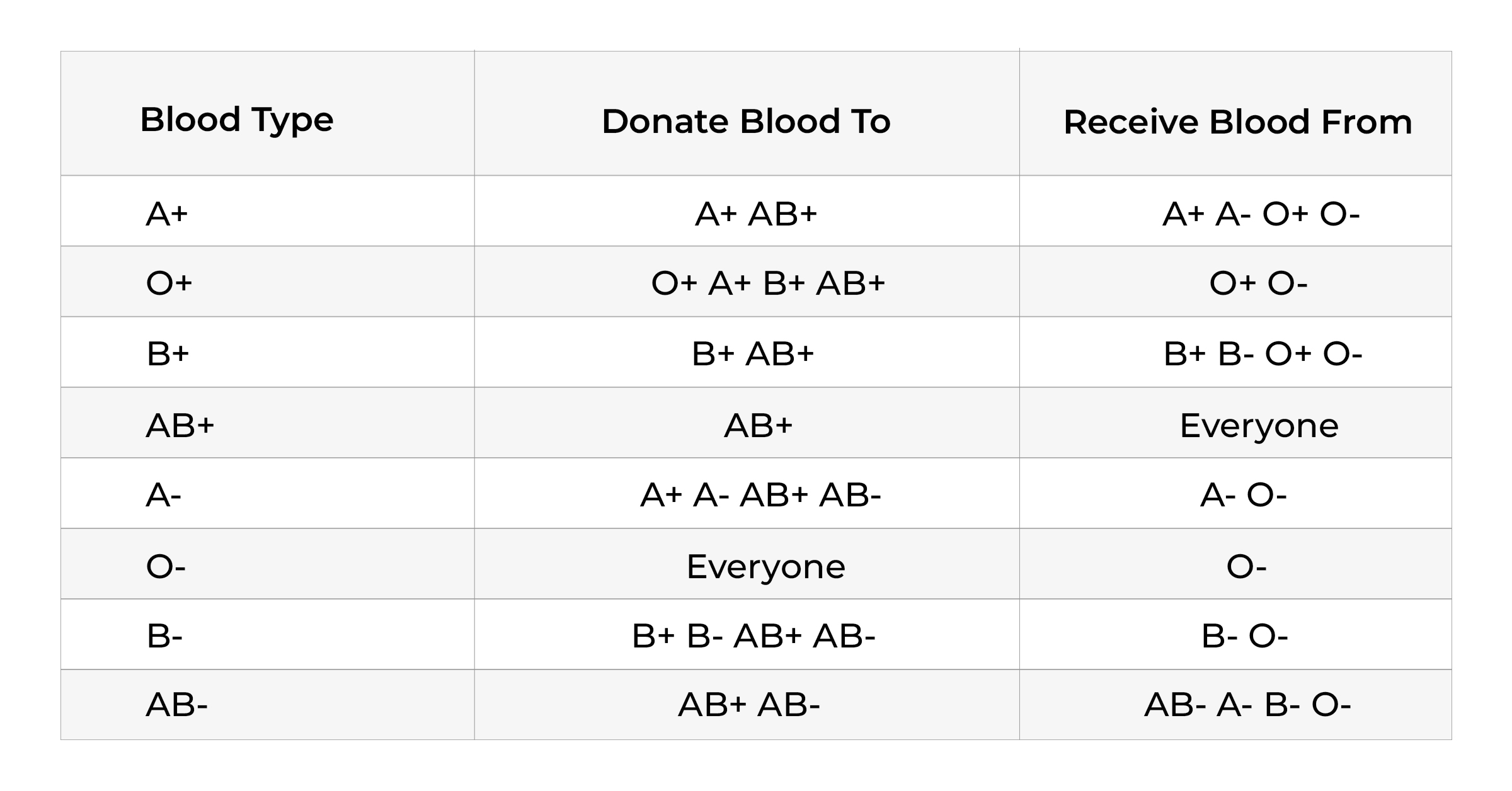In the heart of Lucknow, nestled within the Health City Hospital, MedVedic Blood Banking represents the pinnacle of blood banking and transfusion services. With a foundation built on advanced technology, quality assurance, and community welfare, we are dedicated to ensuring that every patient receives the highest quality of care through timely and safe blood component therapy.

Understanding the essence of time and proper temperature control in blood component transport, MedVedic Blood Banking ensures the prompt delivery of blood products to over 200 hospitals in Lucknow. Our state-of-the-art supply chain management system guarantees that blood components are delivered directly before transfusion, maintaining their quality and efficacy.
We are at the forefront of introducing advanced transfusion procedures like Nucleic Acid Testing, Chemiluminescence, Exchange Transfusion, Compatible and Incompatible Apheresis, and Leukoreduction, showcasing our commitment to adopting innovative practices for the benefit of patients.
Our dedication shines brightest during emergencies, such as the dengue outbreak, where our round-the-clock apheresis service has positioned us as a critical support system for our partner hospitals. Our proactive approach and advanced transfusion practices have made us a beacon of hope and reliability.
With over 30 experienced members in our technical team, Medvedic Healthcare strives to achieve excellence, and non-technical personnel, trained and experienced in the field of blood banking, MedVedic Blood Banking is a hub of professional excellence. Our team’s expertise and dedication are the driving forces behind our quality services and innovations.
MedVedic Healthcare is committed to raising awareness about the importance of voluntary blood donation. Through partnerships with notable organizations and the hosting of 106 voluntary blood donation camps, we have collected 3,520 units of blood. Additionally, our 25 comprehensive Continuous Medical Education (CME) sessions have played a crucial role in enhancing clinical practices related to blood banking.

What is it?
Blood Collected straight from the donor after its donation is usually separated into red blood cells, platelets, and plasma.
Who can donate?
You need to be 18-65 years old, weigh 50kg or more and be fit and healthy.
User For?
Stomach disease, kidney disease, childbirth, operations, blood loss, trauma, cancer, blood diseases, hemophilia, anemia, and heart disease.
Last For?
Red cells can be stored for 42 days.
How long does it take?
15 minutes to donate.
How often can I donate?
Every 12 weeks
What is it?
The straw-coloured liquid in which red blood cells, white blood cells, and platelets float in. Contains special nutrients which can be used to create 18 different types of medical products to treat many different medical conditions.
Who can donate?
You need to be 18-70 (men) or 20-70 (women) years old, weigh 50kg or more and must have given successful whole blood donation in the last two years.
User For?
Immune system conditions, pregnancy (including anti-D injections), bleeding, shock, burns, muscle and nerve conditions, hemophilia, and immunisations.
Last For?
Plasma can last up to one year when frozen.
How does it work?
We collect your blood, keep plasma and return the rest to you by apheresis donation.
How long does it take?
15 minutes to donate.
How often can I donate?
Every 2-3 weeks.
What is it?
The tiny ‘plates’ in the blood wedge together to help clot and reduce bleeding. Always in high demand, Vital for people with low platelet count, like malaria and cancer patients.
Who can donate?
You need to be 18-70 years old (men), weigh 50kg or more and have given a successful plasma donation in the past 12 months.
User For?
Cancer, blood diseases, haemophilia, anaemia, heart disease, stomach disease, kidney disease, childbirth, operations, blood loss, trauma, and burns.
Lasts For?
Just five days.
How does it work?
We collect your blood, keep the platelet and return the rest to you by apheresis donation.
How long does it take?
45 minutes to donate.
How often can I donate?
Every 2 weeks.
Apheresis (a Greek word meaning “to remove”) is a medical technology in which the blood donor or the patient is passed through an apparatus that separates one particular constituent and returns the remainder to the blood circulation. It is thus an extracorporeal therapy.
Though most blood is donated as whole blood, it is also possible to donate only a portion of blood using a technique called “Aphaeresis”. During the apheresis donation, we draw blood from the donor’s vein through a sterile tube into a cell separator machine.

MedVedic Healthcare bridges the gap between medical institutions and supporting healthcare facilities such as blood banking, diagnostics and dialysis units etc